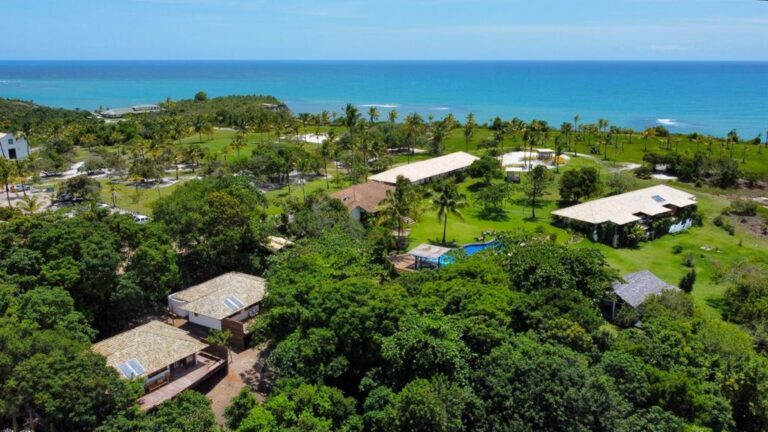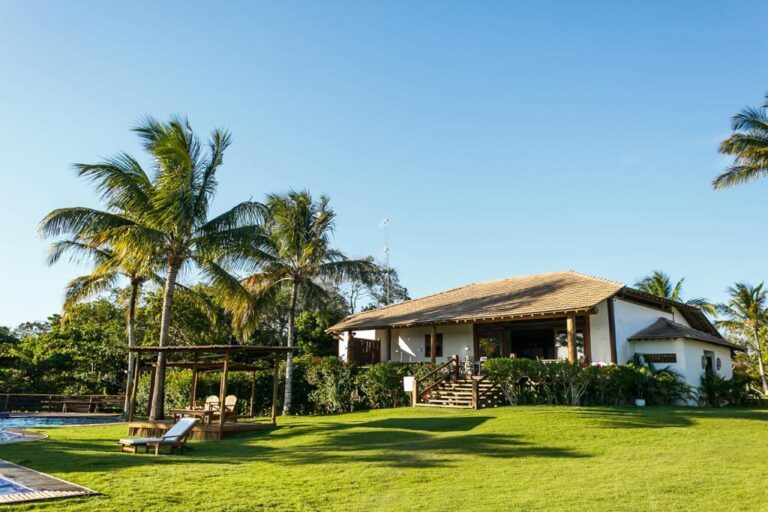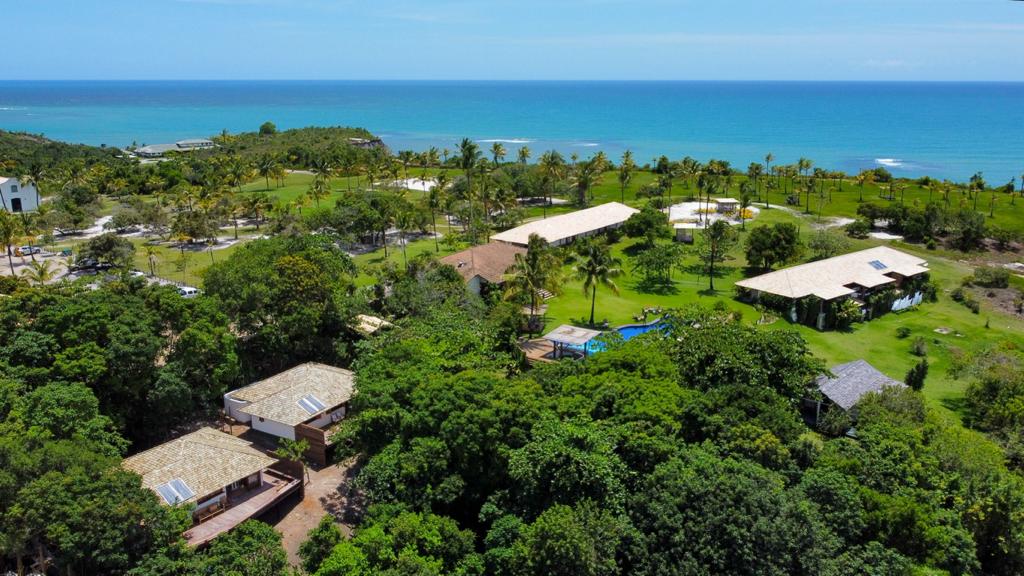EVENT IN SOUTHERN BAHIA MARKS NEW PHASE OF SELO XIS – SUSTAINABILITY CERTIFICATION FOR TOURISM ENTERPRISES
Porto Seguro/BA – On December 4 and 5, the First SeloXIS Forum – Multiplying Innovation and Sustainability will transform Praia do Espelho into a hub for the production and exchange of knowledge on one of the great challenges facing tourism in Brazil and the world: sustainability. During the event, the new structure of the SeloXIS, launched in 2021, will also be presented. What’s new is that as well as certifying good sustainable practices by enterprises and government bodies in the tourism sector, the SeloXIS will also offer consultancy and implementation of ESG agenda initiatives. To this end, a new, more robust methodology was created, based on the main internationally recognized frameworks.

How SeloXis works
The SeloXIS certification process involves four phases: assessment, emissions mapping, offsetting and impact traceability using blockchain technology. Initially, the certification was created to verify the socio-environmental practices only of the hotels in the Circuito Elegante, a company that for over 20 years has been certifying the excellence of hotel and inn services throughout the country. Over time, however, Priscilla Bentes, CEO of Circuito Elegante and creator of SeloXIS, realized the importance of extending the project’s reach. “We need to get everyone involved in this,” she says. “Our methodology is based on the world’s leading ESG sustainability indicators. The premise is to generate a positive impact on destinations, going beyond the good practices of the companies themselves.”
Certification differentials
One of the distinguishing features of the Xis Seal is that certified enterprises must support local communities through initiatives to improve their quality of life. To this end, SeloXis has a partnership with the NGO Mecenas da Vida, created by forestry engineer Salvador Ribeiro. He developed the Turismo CO2 Legal project, recognized by UNESCO and winner of several awards, and is responsible for screening and training people in social vulnerability in the destinations.
By agreeing to be part of the program and receiving a monthly payment, the impacted families make commitments to the conservation and regeneration of the local environment. The aim is to create Climate Guardian destinations, where tourism plays a leading role in tackling climate issues in Brazil and, at the same time, foster conditions for more preserved sites and social inclusion.
Thus, unlike most greenhouse gas offset programs, which simply plant trees, certification includes an innovative proposal, creating a cycle of positive environmental and social impacts by involving residents, travelers and the destination’s tourism sector. In this way, each certified company becomes co-responsible for income-generating projects. “We need to take care of people so that everyone can take care of the planet,” explains
the CEO. It’s not possible to be sustainable as long as there is misery,” says Priscila.

Strategic partnerships
In addition to the NGO Mecenas da Vida, SeloXIS has a partnership with FLUXO, , the UFRJ junior company responsible for emissions reports and guidance on minimization; and PROWA, the consultancy that supported the construction of the new certification methodology together with ESG consultant Aline Schneiders, a doctoral student at Unicamp and also a SeloXis partner. The project also has a multidisciplinary team that allows it to be scaled up to destinations all over the country.
About the Forum
The meeting will feature panels presented by the SeloXIS team, as well as guests with diverse experiences. One of them is the creator of the Verdes Marias movement, Mariana Bombonato, who guides people interested in a more sustainable life. She will talk about “Daily micro-revolutions and the role of the individual in sustainable tourism”.
Isabela Veronezi, founder and CEO of Reorder, will talk about the transformative potential of sustainable fashion and present Movimentos pelos Oceanos, which transforms fishermen’s nets into fibers for making fabrics. Entrepreneur Válber Azevêdo, CEO of Datta Imagem and a partner in SeloXIS, will show how blockchain technology can be used to bring transparency and traceability to the value chain.
Also taking part in the forum will be representatives of local initiatives that are transforming tourism in the region, bringing more socio-environmental awareness to a destination famous for its luxury establishments and services. Among them is Diana Rosa, from the Associação Amigos de Itaporanga, an institution that creates and coordinates educational projects for the local community; and Julia Chama, a fashion designer and coordinator of Mulheres de Caraíva, one of the projects run by the NGO CaraívaViva, which trains young people and adults from the community in dressmaking.

